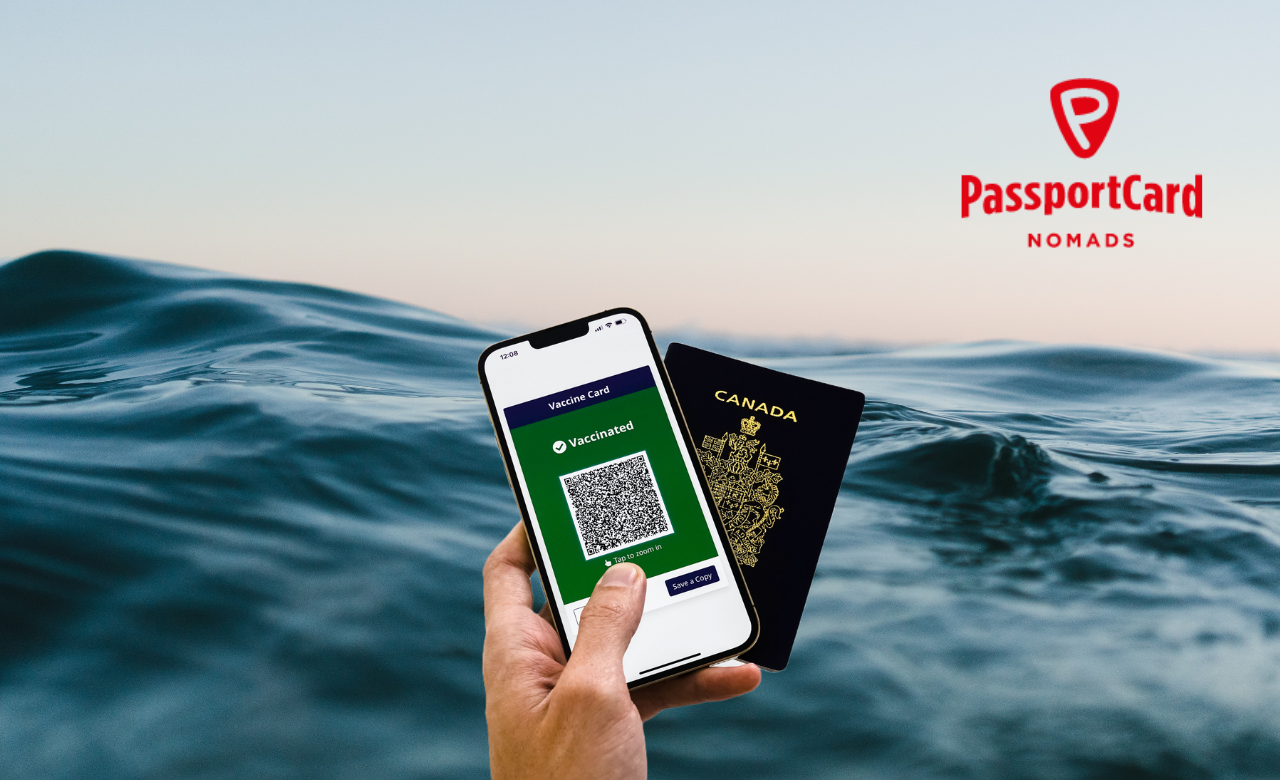There is nothing like traveling to a new destination and surfing a new spot for the first time. The connection with the ocean, the foreign culture, and the people you meet while traveling; make it the best experience!
However, traveling and exploring new surf spots comes with a higher risk of injuries. It takes time to adapt to new surf spots, and it’s crucial in this process to study the waves and get some insights from locals before paddling out.
Surf travel comes with its risks
As surfers, we tend to go quite hard. Newcomers often lack the knowledge of ocean safety and damage control during a wipeout. On the other hand, the more experienced surfers charge bigger and more powerful waves that break over shallow reefs and rocks. In both scenarios, injuries can present themself – that’s why travel insurance is a must for anyone going on a surf trip.
When dealing with mother nature, the unknown factor becomes evident, and that’s why surfing is considered an extreme sport among insurance providers.
What I realized after watching the WSL documentary "BILLY"
Even though I know the risks, I would be lying if I said that I never went on a surf trip without having travel insurance. Often I’ve been relying blindly on the surf schools’ insurance or the European Health Insurance Card. (a card that allows European citizens in countries with a statutory social security scheme to receive free medical treatment in other EEA countries in case of an emergency).
While these options cover basic needs, both lack some of the most important aspects of individual travel insurance in case of more serious surf-related injuries.
Last month I watched the documentary “BILLY” on World Surf League. A nerve-wracking story about Pro-Surfer Billy Kemper’s life-threatening injury on a free-surf trip to Morocco and his road to recovery after coming home.
Despite its serious topic, it’s a beautiful story about strong friendships and family ties, the athlete support by the World Surf League, and last but not least Billy’s mental strength and dedication to surfing.
Without spoiling anything, the series made me realize the importance of having travel insurance for emergency evacuations. Many surf destinations are located in remote places without big hospitals nearby. That makes emergency evacuations a crucial part of the best surf travel insurance.
Not all of us are lucky enough to have a big brand like WSL pulling the strings behind the scene, but luckily they managed to do so in Billy’s case and arranged a Medical flight from Morocco back to the US, which saved his life.
As of June, we’ve partnered with the fintech insurance company; PassportCard Nomads.
In our opinion it’s the best insurance provider for surfers due to their extensive and flexible coverage. But more importantly, the AI-patented technology behind PassportCard Nomads that allows the app to pre-emptively process your insurance claim and find the nearest medical facility. Furthermore, the [Red Card] will cover all your medical bills, meaning no out-of-pocket expenses for you.
The innovation behind PassportCard Nomads is truly unique and it sets them apart from their competitors. The straightforward process gives us peace of mind when going on a surf trip to a new destination.
Together with PassportCard Nomads, we will bring you more insights and knowledge about travel insurance, specifically for surfers, as we know it can be an overwhelming subject to discern.
With more educative content on the topic, we hope to make you feel well informed with a proper understanding of your specific travel insurance needs as a surfer.
Don’t let the name fool you – their insurance coverage is not limited to nomads. You get all the benefits on a shorter trip as well. Simply choose travel insurance instead of health insurance.
With PassportCard Nomads, we present travel insurance with add-ons for surfers – in a product that offers the best and most innovative insurance technology on the market – so go ahead and check them out!
Make sure the travel insurance policy covers surfing
The good old trick of rubbing a lime into your reef cuts can work wonders, but sometimes a heavy wipeout can call for medical treatment, so surf travel insurance is not an option – it’s a must when going on a surf trip!
It even applies to those who don’t surf gnarly waves like Nazaré or Pipeline. A hardtop surfboard or a small wave breaking over a shallow reef can do its damage and lead to unexpected events where medical assistance is needed.
As a surfer, you need to know what to look for in a travel insurance policy. Most insurance providers will require you to add an extra package for extreme sports inclusion.
There will also be exceptions to their insurance terms that you need to look out for, so it’s crucial to read the contract and be familiar with these. It can include things like: no coverage in certain countries, no coverage for surfers during competitions, no coverage of lost gear, and so on.
We have highlighted some terms & conditions that you should be aware of in popular surf travel insurances. However, we all travel under different circumstances, so you must do your own review of the insurance policy to make sure it fits your individual needs.



